CARVEDILOL - ORAL
PHONETIC PRONUNCIATION: (KAR-ve-DIL-ol)
COMMON BRAND NAME(S): Coreg
GENERIC NAME(S): carvedilol
Uses
USES: Carvedilol is used to treat high blood pressure and heart failure. It is also used after a heart attack to improve the chance of survival if your heart is not pumping well. Lowering high blood pressure helps prevent strokes, heart attacks, and kidney problems. This drug works by blocking the action of certain natural substances in your body, such as epinephrine, on the heart and blood vessels. This effect lowers your heart rate, blood pressure, and strain on your heart. Carvedilol belongs to a class of drugs known as alpha and beta blockers.
How to use CARVEDILOL - ORAL
HOW TO USE: See also Warning section. Read the Patient Information Leaflet if available from your pharmacist before you start taking carvedilol and each time you get a refill. If you have any questions, ask your doctor or pharmacist. Take this medication by mouth with food as directed by your doctor, usually twice daily. The dosage is based on your medical condition and response to treatment. To reduce your risk of side effects, your doctor may direct you to start this medication at a low dose and gradually increase your dose. Follow your doctor's instructions carefully. Take this medication regularly to get the most benefit from it. To help you remember, take it at the same times each day. For the treatment of high blood pressure, it may take 1 to 2 weeks before you get the full benefit of this drug. It is important to continue taking this medication even if you feel well. Most people with high blood pressure do not feel sick. Tell your doctor if your condition does not improve or if it worsens (for example, your blood pressure readings remain high or increase, or you have worsening symptoms of heart failure like increased shortness of breath).
Side Effects
Precautions
Interactions
Overdose
Images
Reviews
Faq for CARVEDILOL - ORAL
Carvedilol is a medication that belongs to a class of drugs known as beta blockers. It is used to treat high blood pressure and heart failure.
Carvedilol works by blocking certain receptors in the body, known as beta receptors. This leads to relaxation of blood vessels, slowing of the heart rate, and reduction of blood pressure, making it easier for the heart to pump blood.
Common side effects of Carvedilol may include dizziness, fatigue, weakness, slow heart rate, low blood pressure, and gastrointestinal disturbances such as nausea and diarrhea.
Carvedilol may interact with certain medications, so it is important to inform your doctor about any other medications you are taking. This includes over-the-counter drugs, herbal supplements, and vitamins.
Carvedilol is usually taken orally, with or without food, as directed by your doctor. It is important to follow the prescribed dosage and schedule. Do not stop taking the medication without consulting your doctor.
Carvedilol is generally not recommended during pregnancy as it may harm the unborn baby. It may pass into breast milk, so it is advised to consult your doctor before breastfeeding while using Carvedilol.
The effects of Carvedilol may be noticeable within a few hours for some conditions, but it may take several weeks for the maximum benefit to be achieved. It is important to continue taking the medication as prescribed, even if you feel well.
If you miss a dose, take it as soon as you remember. However, if it is close to the time for your next dose, skip the missed dose and resume your regular dosing schedule. Do not double the dose to catch up.
Carvedilol should not be stopped suddenly without consulting your doctor. Abruptly stopping the medication may worsen your condition or cause withdrawal symptoms. Your doctor will advise on the best way to taper off the medication if needed.
Warning
WARNING: Do not stop taking this medication without consulting your doctor. Some conditions may become worse when you suddenly stop this drug. Some people who have suddenly stopped taking similar drugs have had chest pain, heart attack, and irregular heartbeat. If your doctor decides you should no longer use this drug, he or she may direct you to gradually decrease your dose over 1 to 2 weeks. When gradually stopping this medication, it is recommended that you temporarily limit physical activity to decrease strain on the heart. Get medical help right away if you develop chest pain/tightness/pressure, chest pain spreading to the jaw/neck/arm, unusual sweating, trouble breathing, or fast/irregular heartbeat.
Disclaimer
IMPORTANT: HOW TO USE THIS INFORMATION: This is a summary and does NOT have all possible information about this product. This information does not assure that this product is safe, effective, or appropriate for you. This information is not individual medical advice and does not substitute for the advice of your health care professional. Always ask your health care professional for complete information about this product and your specific health needs.
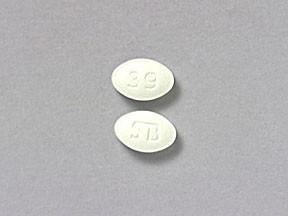
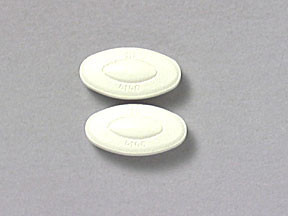
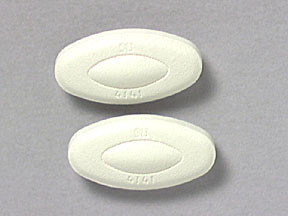
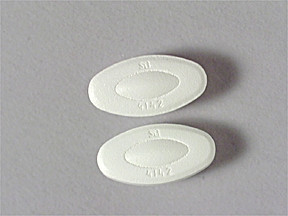
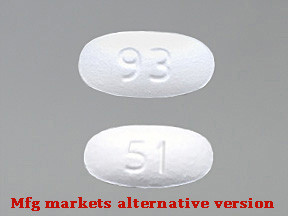
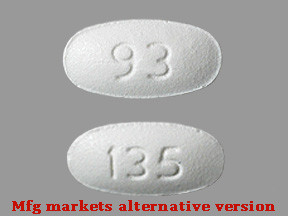
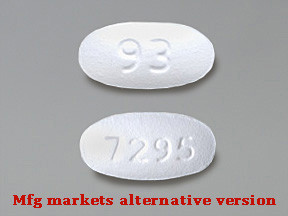
No Reviews Yet